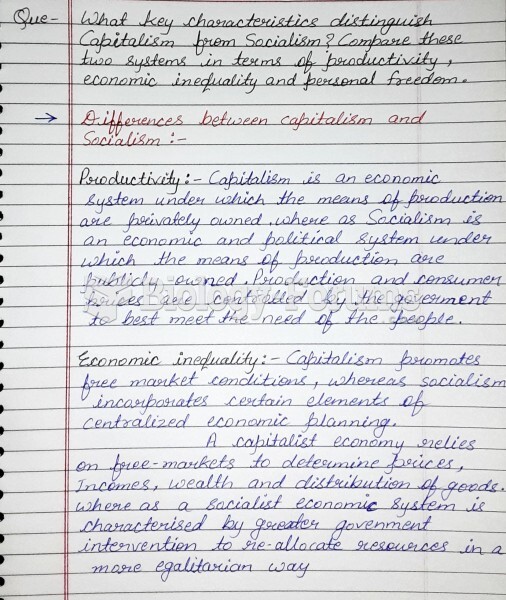|
|
|
After 5 years of being diagnosed with rheumatoid arthritis, one every three patients will no longer be able to work.
Alzheimer's disease affects only about 10% of people older than 65 years of age. Most forms of decreased mental function and dementia are caused by disuse (letting the mind get lazy).
Approximately 500,000 babies are born each year in the United States to teenage mothers.
There are major differences in the metabolism of morphine and the illegal drug heroin. Morphine mostly produces its CNS effects through m-receptors, and at k- and d-receptors. Heroin has a slight affinity for opiate receptors. Most of its actions are due to metabolism to active metabolites (6-acetylmorphine, morphine, and morphine-6-glucuronide).
About 3.2 billion people, nearly half the world population, are at risk for malaria. In 2015, there are about 214 million malaria cases and an estimated 438,000 malaria deaths.
 Field research on free-living primates allows primatologists to study patterns of behavior in the se
Field research on free-living primates allows primatologists to study patterns of behavior in the se
 To attain their goal of objectivity and accuracy in their research, sociologists must put away their ...
To attain their goal of objectivity and accuracy in their research, sociologists must put away their ...





